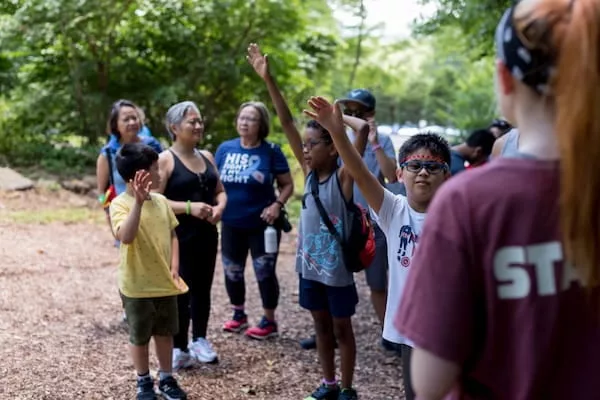
Everyone remembers their first youth camp experience.
I was thirteen, sitting on our church’s school bus, headed to none other than Refreshing Mountain. At the time, I was part of a youth group in Harrisburg, PA. As we got closer, our senses were hit with the unmistakable scent of cow manure. I remember announcing from the back of the bus, “Well guys, we're almost there!" Of course, anyone who has been in Lancaster enough knows the endearing and familiar smells of farm country. And to us, it meant we were minutes away from the week we'd been eagerly awaiting for months.
Of course, being surrounded by a bunch of like-minded middle schoolers in the throes of puberty meant youth camp was also full of drama. Late-night cabin conversations, crush confessions, whispered rumors, and the occasional teenage meltdown—classic camp moments.
But if you’ve done camp well, students walk away with more than awkward stories and inside jokes. They leave with forever-memories of encountering the love, presence, and reality of God.
So if you’re a youth leader, camp staff member, or church volunteer reading this, there’s one critical question that should be on your mind:
“How do we maintain the spiritual growth and interest in God that we’ll see during camp?"
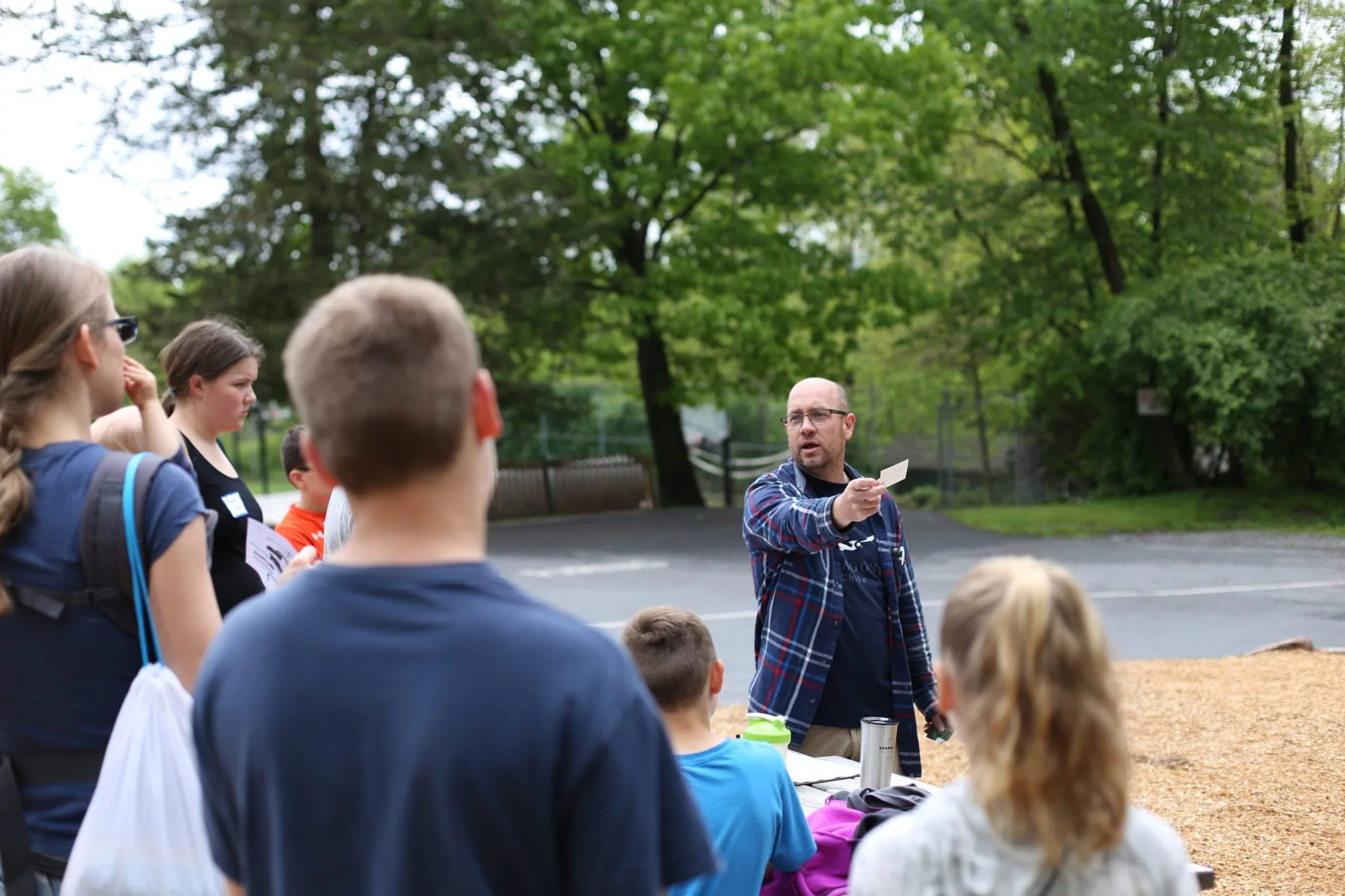
Church Camp: More Than Just a Getaway
Let’s backtrack and talk about why camp is so impactful, and what makes it such fertile ground for spiritual growth.
Camp isn’t just a fun escape from the routine—it’s a full reset.
Students leave behind phones, homework, social pressures, and the constant noise of daily life. They trade it for wooded trails, sunlit fields, late-night worship, and uninterrupted time with God and others.
At a good youth camp, the environment is designed to strip away distractions and invite real connection. Kids who are usually glued to their screens suddenly find themselves immersed in nature, games, worship, and face-to-face conversation. That shift? It opens the door for God to move.
Camp gives students more than a theology lesson—it gives them a chance to experience God.
Whether it’s during a powerful worship night under the stars, a message that hits exactly where they’re struggling, or a quiet moment of clarity during devotional time, something clicks. Faith becomes personal. Tangible. Real.
And while spiritual seeds are planted in church every week, camp accelerates the growth. The intentional space and community create a one-of-a-kind atmosphere for transformation.
Camp builds bonds that are hard to replicate elsewhere. There’s something powerful about bunking together, laughing until your stomach hurts during team-building games, and crying side-by-side at the altar. These shared moments forge friendships rooted not just in common interests—but in spiritual connection.
Then there are the leaders—the ones who stay up late to pray, ask the hard questions, and model authentic faith. Camp gives students access to mentors they may never encounter otherwise—older teens or young adults living out their walk with Jesus in bold, relatable ways.
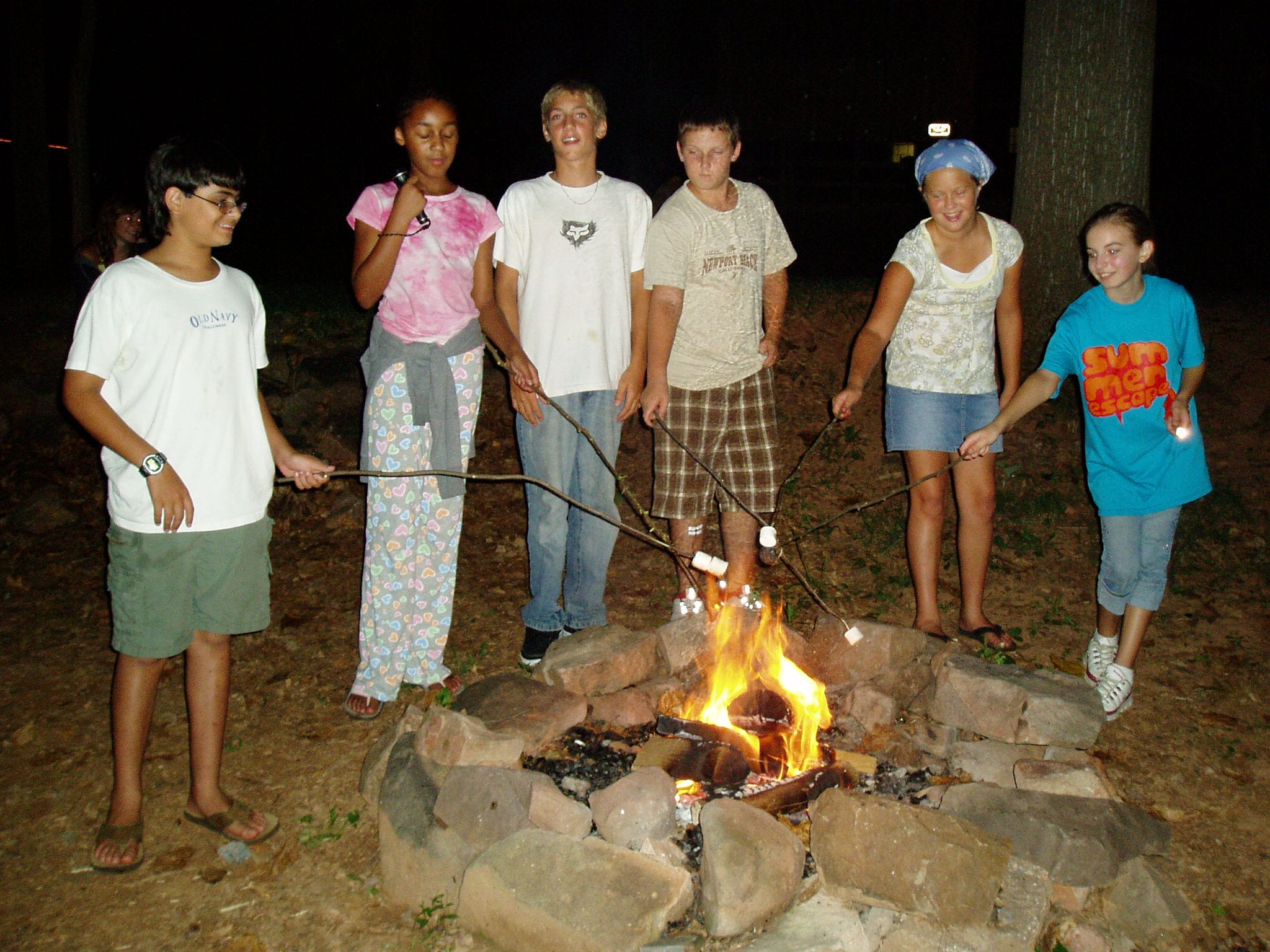
And that brings us back to the big question:
How Do We Maintain Spiritual Growth After Camp?
It starts with intention. Here are a few practical steps for youth leaders and church communities:
1. Follow Up Quickly
Don’t let the momentum fade. Have youth leaders or small group mentors check in within the first week. Ask what God did in their heart and how they’re navigating the return to everyday life.
2. Create Rhythms
Encourage students to pick up a simple devotional, join a Bible study, or commit to regular youth group involvement. Help them build consistent faith habits they can actually stick with.
3. Encourage Community
Camp friendships can become lifelines. Organize post-camp meetups, group chats, small groups, or service opportunities to keep those relationships alive.
4. Involve Them
Let students serve. Invite them to share their testimonies, help lead worship, or plan youth nights. Giving them ownership helps solidify what God started at camp.
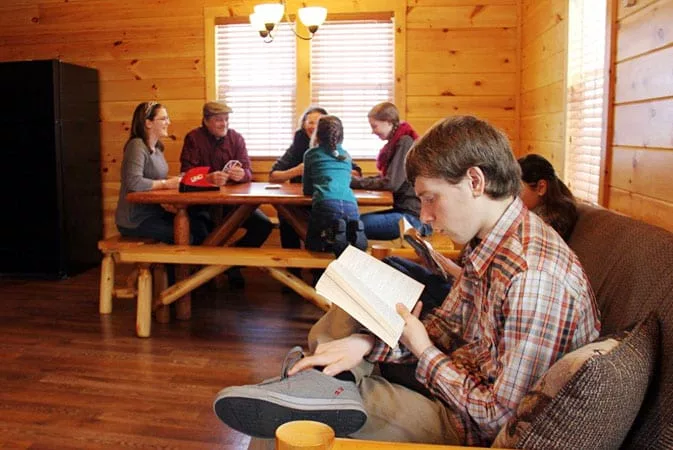
How Parents Keep the Fire Burning
While youth leaders may help spark the fire at camp, parents are often the ones who keep it burning at home. The most powerful discipleship doesn’t happen on stage—it happens in the everyday.
Here’s how parents can support post-camp growth:
1. Ask Meaningful Questions
Skip the surface-level “Did you have fun?” and try:
- “What was your favorite worship moment?”
- “Did you feel like God spoke to you this week?”
- “Was there something that challenged or changed you?”
Give them space to reflect—and celebrate what God did.
2. Create Space for Spiritual Habits
Help your student build simple spiritual rhythms at home. Maybe read the same passage together during the week or pray before school. Keep it doable, not overwhelming.
3. Stay Involved With Their Youth Group
Encourage consistent attendance and support their involvement. If they built friendships at camp, help them stay connected.
4. Model Faith at Home
Camp shows students what walking with Jesus can look like—home is where they see it lived out. Share your walk authentically, including your struggles.
When Parents and Leaders Team Up
Too often, youth ministry and parenting happen in separate lanes. But when these two worlds collaborate, students thrive.
Here’s how to build that bridge:
Keep Parents in the Loop
Youth leaders—follow up with a post-camp email, recap, or info night. Let parents know what their kids experienced and how they can support the journey forward.
Partner for Discipleship
Launch parent-student devotionals, host worship nights, or create opportunities for families to grow together.
Maintain Open Communication
Let parents feel like insiders, not spectators. Keep a dialogue going about what’s happening spiritually in their student’s life.
Because Discipleship is a Team Effort
When youth leaders spark the fire and parents nurture the flame, kids experience something truly powerful: a consistent, grace-filled, Christ-centered investment from every direction.
Camp might be the mountaintop—but home is where they learn to walk it out.
And they need all of us—leaders, parents, mentors—cheering them on, guiding the way, and reminding them who they are in Christ.
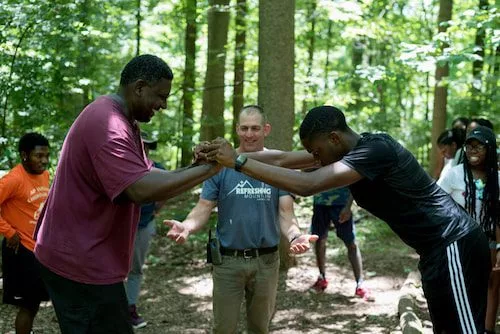
Final Thoughts
Youth camp is powerful—but it’s not magic. It’s a spark, and we have to help fan it into a flame.
The real transformation happens in the follow-up, in the relationships that continue, and in the discipleship that deepens over time.
So yes—let’s create unforgettable camp experiences. Let’s worship with abandon, laugh until we cry, and stay up way too late eating junk food and talking about Jesus.
But let’s also build systems and support that carry the fire home.
Because when camp is done well—really well—it doesn’t end at checkout.
It begins something new.
